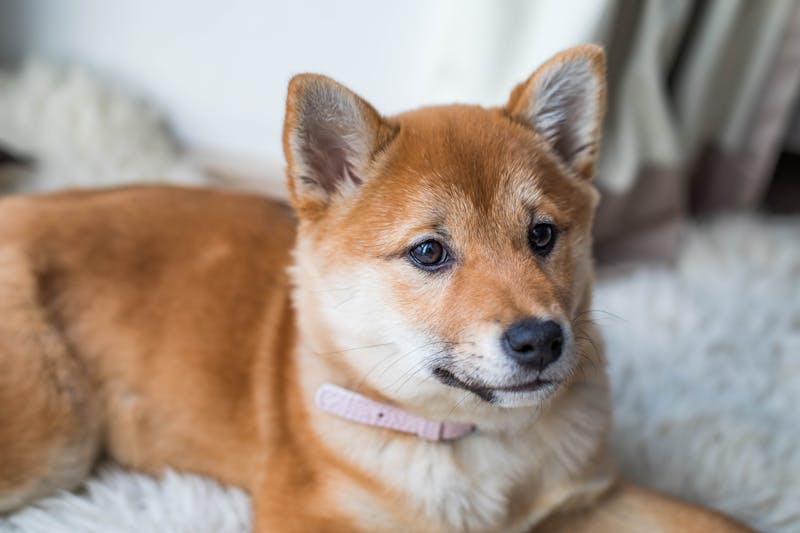Corgi
-
OriginWales
-
BodySmall to medium-sized, sturdy
-
CoatMedium
-
Corgis, a popular and beloved dog breed, are known for their distinctive appearance, intelligence, and friendly nature. There are two main types of Corgis: the Pembroke Welsh Corgi and the Cardigan Welsh Corgi. Both share some common traits but have distinct differences in appearance and origin.
The Pembroke Welsh Corgi is the more popular of the two and is closely associated with British royalty, particularly Queen Elizabeth II. They have a foxy face, erect ears, and a shorter tail compared to the Cardigan. Pembrokes are slightly smaller, standing about 10 to 12 inches tall at the shoulder and weighing between 24 to 30 pounds. They have a short, dense double coat that comes in various colors, including red, sable, fawn, and black and tan, often with white markings.
The Cardigan Welsh Corgi, on the other hand, is one of the oldest dog breeds in the British Isles, with a history that dates back over 3,000 years. They are slightly larger, standing around 10.5 to 12.5 inches tall and weighing between 25 to 38 pounds. Cardigans have a long, bushy tail and a more robust, elongated body. Their coat also comes in a wider variety of colors, including brindle, blue merle, black, and red, with or without white markings.
Both types of Corgis are known for their intelligence, loyalty, and energetic nature. They were originally bred as herding dogs, which explains their strong work ethic and eagerness to please. Corgis are highly trainable and excel in various dog sports, including agility, obedience, and herding trials. Their keen intelligence requires mental stimulation to prevent boredom, making interactive toys and training sessions essential.
Corgis are also known for their affectionate and social nature. They form strong bonds with their families and get along well with children and other pets. However, their herding instincts may lead them to nip at heels, a behavior that can be managed with proper training and socialization.
Health-wise, Corgis are generally healthy but can be prone to certain conditions such as hip dysplasia, progressive retinal atrophy, and intervertebral disc disease due to their long bodies. Regular veterinary check-ups, a balanced diet, and appropriate exercise are crucial for maintaining their health. Their double coat requires regular grooming, including weekly brushing to manage shedding and keep their coat healthy.
In summary, Corgis are intelligent, loyal, and energetic dogs that make excellent companions. Their combination of herding heritage, affectionate nature, and adaptability makes them a cherished breed among dog enthusiasts and families alike.
-
